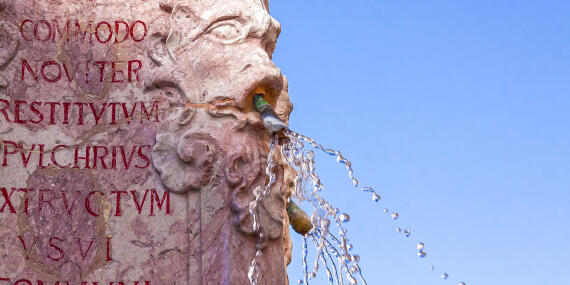

An excellent basis: A Bachelor's degree from the Faculty of History & Philosophy
Most of the subjects offered at the Department of History/Philosophy can be combined with a second subject (which can also be a subject offered by another faculty of the University of Münster) as part of a two-subject Bachelor's degree programme (ZFB).
The two-subject Bachelor's degree programme is polyvalent. This means that following the two-subject Bachelor's degree programme, you can either qualify to teach at secondary schools in a Master of Education degree programme or obtain a Master of Arts degree in a programme, in which only one subject is studied and which is therefore often referred to as a "specialist Master". You therefore do not have to decide on one of these two options before starting your Bachelor's degree programme, but can also make your decision after completing your Bachelor's degree. However, if you want to qualify as a teacher at grammar schools and comprehensive schools after completing your Bachelor's degree, you should already consider which subjects can be combined with each other in the teacher training programme when choosing the subjects for your Bachelor's degree.
The subjects of History and Philosophy can also be studied as part of a special Bachelor's degree programme that prepares students specifically for the teaching profession at Hauptschule, Realschule, Sekundarschule and Gesamtschule (Bachelor HRSGe).
Further information on teacher training can be found at the Centre for Teacher Training (ZfL).

Archaeology—History—Landscape

History

Greek Philology

Classical and Christian Archaeology








